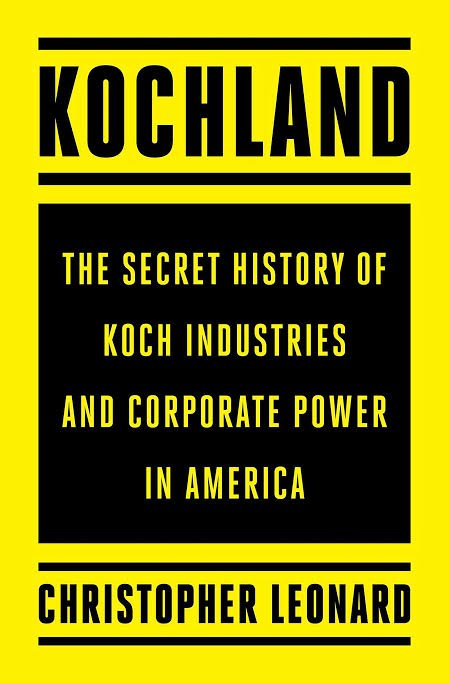
How to get URL link on X (Twitter) App




 An investment starts with "idea generation". Where do you get your ideas from? Screens...magazine articles...cloning? There are many possible sources and you don't have to choose just one. Having a well-defined list helps focus and also tracking where your best ideas come from.
An investment starts with "idea generation". Where do you get your ideas from? Screens...magazine articles...cloning? There are many possible sources and you don't have to choose just one. Having a well-defined list helps focus and also tracking where your best ideas come from.

 For one thing, it's brilliantly written. There's an excellent balance between giving us details about the various characters' history and sticking to the main points. This is in contrast to Ron Chernow - a brilliant writer in his own right. 2/n
For one thing, it's brilliantly written. There's an excellent balance between giving us details about the various characters' history and sticking to the main points. This is in contrast to Ron Chernow - a brilliant writer in his own right. 2/n